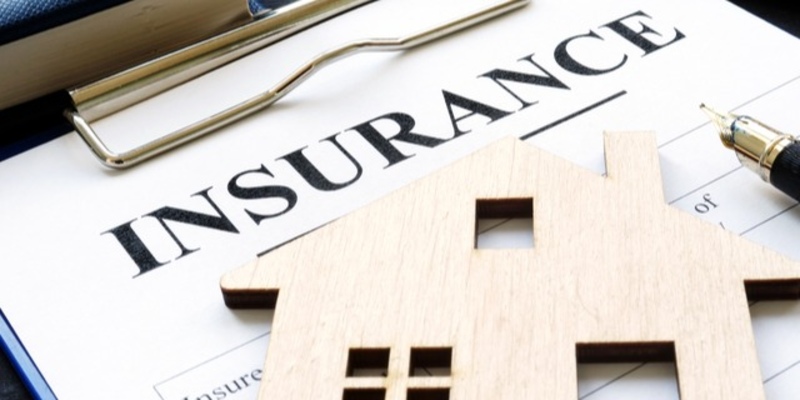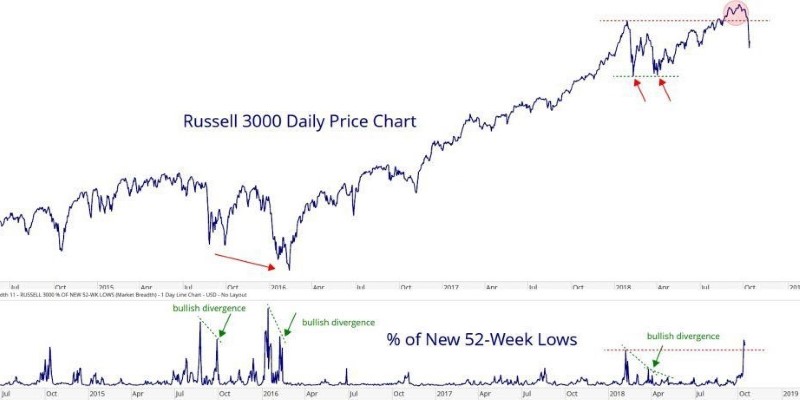The Roadmap to Buying Your Dream Pre-Foreclosure Home
Thinking about buying a house? Ever heard of pre-foreclosure homes? If not, you're in for a treat! Pre-foreclosure homes are those on the brink of foreclosure, offering potential buyers a unique opportunity. Let's delve into pre-foreclosure and how you can snag one for yourself. When a homeowner falls behind on mortgage payments, the property enters a phase known as pre-foreclosure.
This stage occurs before the lender officially repossesses the home through foreclosure. Essentially, it's a warning sign that the property might soon hit the market. Now that you understand the concept, how do you find these elusive pre-foreclosure gems? Let's find out!
What Does It Mean If a Home Is Pre-foreclosure?
When a homeowner falls behind on mortgage payments, the property enters a phase known as pre-foreclosure. This stage occurs before the lender officially repossesses the home through foreclosure. Essentially, it's a warning sign that the property might soon hit the market.
How to Find a Pre-foreclosure Home
Finding pre-foreclosure homes can be a bit like a treasure hunt, but you can uncover some hidden gems with the right strategies. Here's a detailed breakdown of each method:
Online Listings
Many websites focus on listing foreclosed properties, including those in pre-foreclosure. These platforms often provide detailed information about the properties, including their location, size, condition, and sometimes even photos. Some popular websites to explore include RealtyTrac, Zillow, and Foreclosure.com. Remember that while these listings can be a valuable resource, they may also attract a lot of competition from other buyers.
Public Records
Your local courthouse or county recorder's office is a goldmine of information regarding pre-foreclosure properties. Look for notices of default or lis pendens, which indicate that a homeowner has fallen behind on their mortgage payments and the property is in pre-foreclosure. These records typically include the homeowner's name, property address, and the amount owed. If available, you can visit the courthouse in person or search online through the county's website.
Real Estate Agents

Some real estate agents specialize in working with distressed properties, including those in pre-foreclosure. These agents have experience navigating the complexities of the foreclosure process and can help you find suitable pre-foreclosure homes based on your preferences and budget. They often have access to exclusive listings and can negotiate on your behalf. When searching for an agent, look for someone with a track record of successfully handling foreclosures.
Direct Mail
Sending letters directly to homeowners who default on their mortgage payments can be a proactive way to find pre-foreclosure properties. Craft a personalized letter expressing your interest in purchasing their home and include your contact information. While not all homeowners may respond, this approach can sometimes yield leads on properties that are not yet listed publicly. Remember that it's essential to approach this method sensitively, as homeowners in financial distress may face difficult circumstances.
Types of Pre-foreclosures
Not all pre-foreclosure properties are the same. Here are the main types you might encounter:
Short Sale: This happens when a homeowner decides to sell their property for less than they still owe on their mortgage. The lender must approve the sale because they'll be receiving less money than the outstanding mortgage balance. Short sales are often pursued by homeowners struggling to keep up with mortgage payments and want to avoid foreclosure.
Auction: In some cases, pre-foreclosure homes are put up for auction. These auctions can occur in person, often on the steps of a courthouse, or online. Potential buyers bid on the property, and the highest bidder typically wins. Auctions can be a fast way to buy a home but may come with risks, such as being unable to inspect the property beforehand.
Bank-Owned (REO): If a pre-foreclosure property doesn't sell at auction, it may revert to the lender and become real estate owned (REO). In this scenario, the bank becomes the owner of the property. The bank or a real estate agent typically lists REO properties for sale. Buying an REO property can sometimes offer more flexibility and transparency than buying at auction.
How to Buy a Pre-foreclosure Home

Now, the million-dollar question: how do you buy a pre-foreclosure home? Follow these steps:
Research: Dive deep into understanding the property. Know its market value, its current condition, and if there are any debts or liens attached to it. This step helps you gauge if the property is worth pursuing.
Reach Out: Make the first move by contacting the homeowner. Express your interest in purchasing their property and start negotiating the terms of the deal. Building a good rapport with the homeowner can work in your favor during negotiations.
Get Financing: Once you've agreed on a price, you must secure the funds or financing necessary for the purchase. This could involve getting a mortgage from a lender or arranging alternative funding sources.
Inspect: Before committing to anything, it's crucial to have the property inspected thoroughly. Hire a professional inspector to examine every nook and cranny of the home, uncovering any hidden issues that could turn into costly repairs.
Close the Deal: Finally, it's time to seal the deal. This involves going through the formal real estate closing process, where all legal documents are signed, funds are transferred, and property ownership officially changes hands. Once everything is finalized, congratulations, you're the proud owner of a pre-foreclosure home!
Conclusion
Buying a pre-foreclosure home presents a unique opportunity for savvy buyers. Understanding the pre-foreclosure process, exploring various types of distressed properties, and following a strategic approach to purchase can lead to significant savings and investment potential.
By conducting thorough research, reaching out to homeowners, securing financing, and completing due diligence, you can confidently navigate the complexities of buying a pre-foreclosure home. So, if you're in the market for a new home or investment property, consider exploring the world of pre-foreclosures for a potentially rewarding opportunity.












